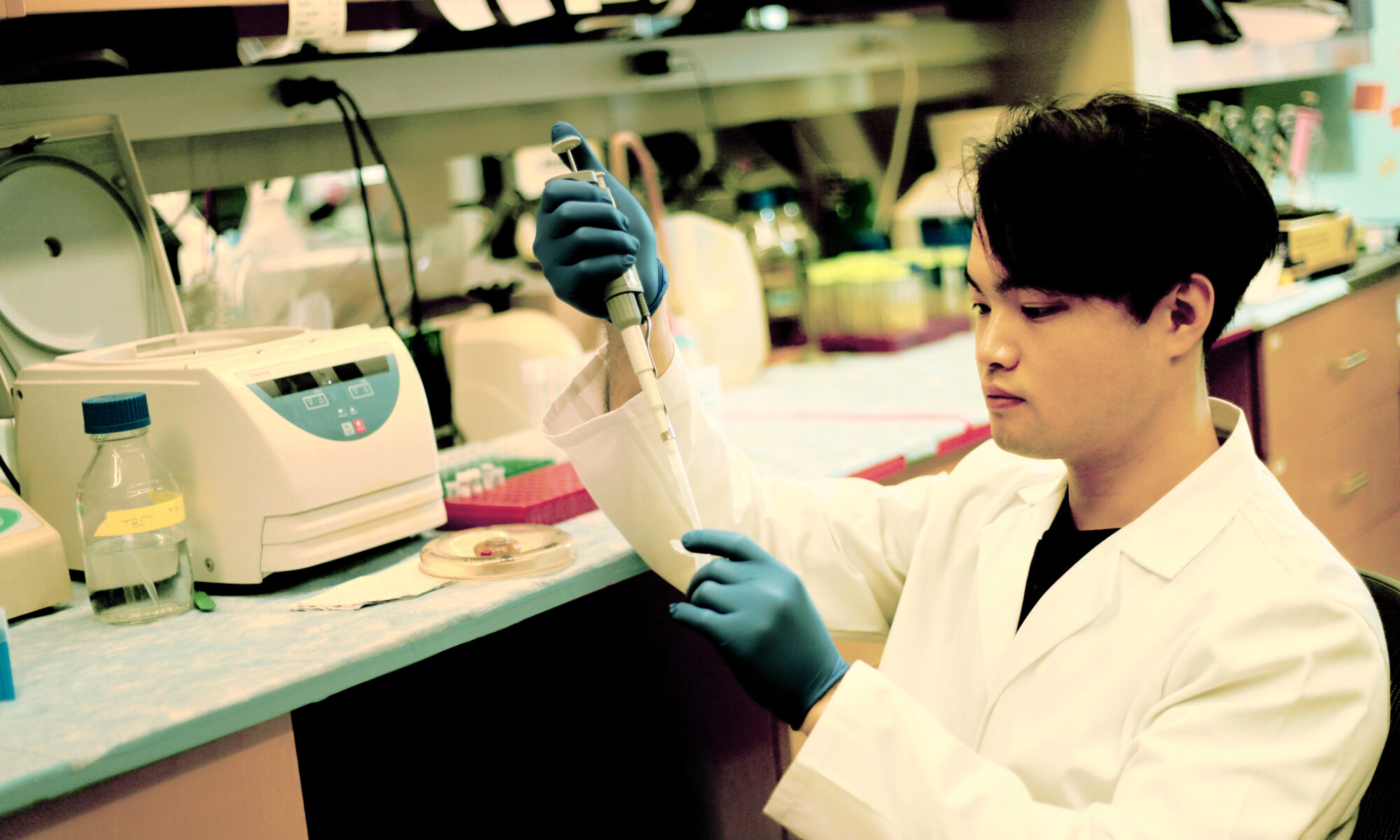Month: October 2023
-

Ten Breakthroughs in Type 1 Diabetes
Type 1 diabetes, a relentless disease affecting millions worldwide, is characterized by the body’s inability to produce insulin – a hormone crucial for regulating blood sugar. It presents a daunting […]
-

Shining a Spotlight: Famous Faces Living with Type 1 Diabetes
Diabetes is a word many of us have heard, but how much do we truly know about it? Specifically, Type 1 diabetes, is a condition that isn’t just a statistic on a health report, but a reality for many – including some of the world’s most recognized faces.
